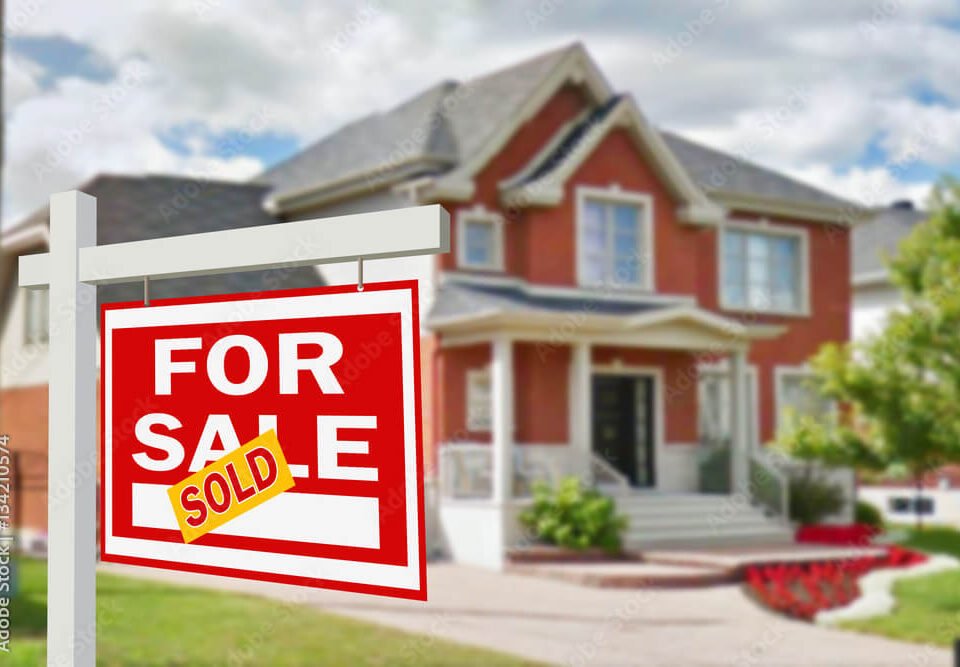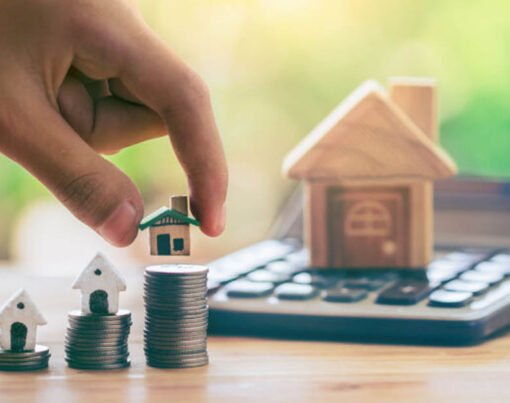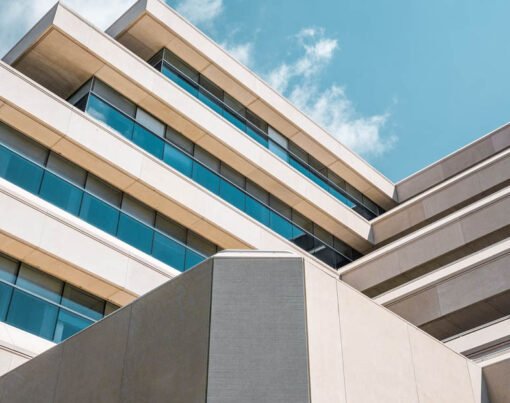The worst feeling in the world is when someone close to you dies. It’s painful and feels like a piece of your heart broke with that someone. Determining who will take care of the arrangements for your home after you pass away is probably the last thing on your mind. Now, it may be time to figure it out.
Selling a house in probate is complicated and depends on a few factors. The dynamics can make the task of figuring out home ownership probate frustrating.
Here’s a simplified overview of who owns a house during probate.
Table of Contents
Initial Ownership
When a person dies, all their belongings, such as a house, become part of their “estate.” At this point, the house is legally turned over to the estate of the person who died. This estate is a different legal entity managing the assets and giving them out according to the law.
Appointment of Executor or Personal Representative
Often, the will of the person who has died names an executor or personal agent. This person is usually picked by the person who died or was put in charge of the probate process by the court.
During the probate process, their main job is to take care of the dead person’s property, including the house. It includes telling debtors and beneficiaries, putting together financial records, and distributing assets.
Inventory and Valuation
One of the initial steps in probate is creating a comprehensive inventory of all assets within the estate, including the house. An appraiser will determine the house’s value through a professional appraisal or another accepted method, which can be particularly important if the goal is to sell your home quickly. This valuation is crucial for assessing the estate’s overall worth and for potential taxation purposes.
Payment of Debts and Expenses
Before any distribution of assets to beneficiaries or heirs, the estate must settle the deceased person’s debts and pay any expenses incurred during the probate process. It includes obligations like outstanding mortgage payments, property taxes, maintenance costs for the house, legal fees, and administrative expenses. These obligations are typically paid from the estate’s assets.
Distribution to Beneficiaries or Heirs
Once the heir has paid all debts and expenses, the leftover assets, including the house, can be given to the beneficiaries or heirs named in the person’s will or by state law if there is no will (intestacy laws). As part of the distribution process, the house might be given to the people who are supposed to get it, either directly or according to the terms in the will.
Transfer of Ownership
Transferring ownership of the house in probate from the estate to the beneficiaries or heirs often involves a formal legal process. It typically requires filing the appropriate documents, such as a deed or transfer of title, with the local government authorities responsible for property records. These documents officially change the property’s ownership status and update the records to reflect the new owner(s).
Unraveling Who Owns a House During Probate
In conclusion, who owns a house during probate? Navigating house ownership dynamics in probate can be a complicated and emotional process. Understanding the local laws, seeking professional guidance, and maintaining open communication with all parties is essential.
With proper preparation and cooperation, the transfer of ownership can be a smooth experience. Take control of your future today and consult a legal expert for any questions or concerns.
Was this article helpful to you? If so, check out our blog for more helpful information and resources.










